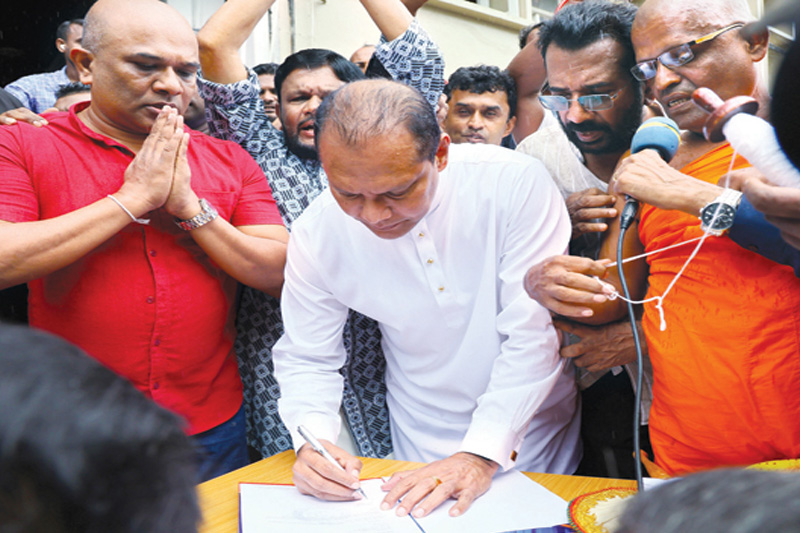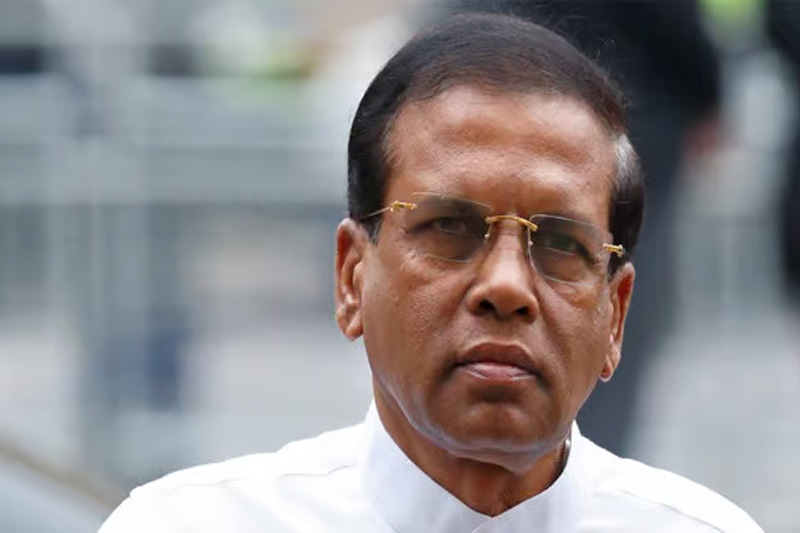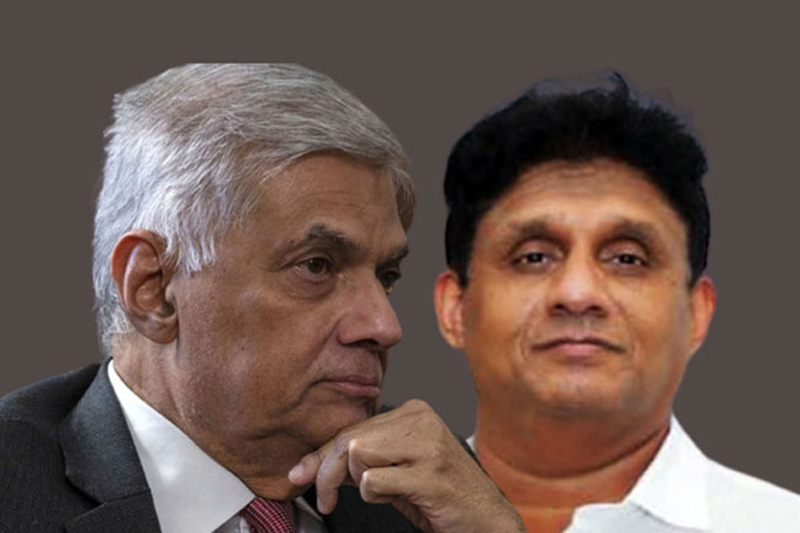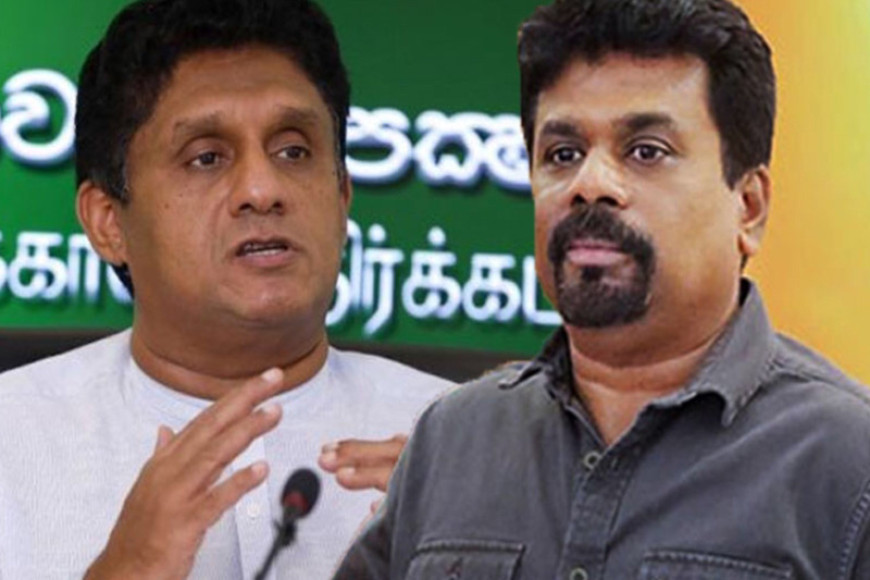Sri Lanka is facing a severe cost-of-living crisis driven by pervasive political corruption, where political intermediaries profit at every stage, burdening consumers. The economy has deteriorated as corrupt leaders misuse public funds on unproductive projects, sell national assets, and deplete public reserves. This corrupt governance suggests that future efforts and increased taxes will be futile.
Historically, the Sri Lanka Freedom Party (SLFP) and the United National Party (UNP) alternated in power, creating a two-party system. However, both parties have declined, struggling for survival while their offshoots have surpassed them, rendering them nearly irrelevant in national politics. The UNP has regained some political ground due to the fortuitous elevation of its leader, Ranil Wickremesinghe, to the presidency. In contrast, the SLFP continues to sink, with no prospects of recovery.
In April 2024, the Colombo District Court issued an interim injunction against Maithripala Sirisena, barring him from serving as SLFP chairman until April 18th due to a case filed by Chandrika Kumaratunga. Police later suspended access to the SLFP headquarters in Colombo. Nimal Siripala de Silva became acting chairman on April 8th.
On April 21st, the pro-Sirisena faction appointed Wijeyadasa Rajapakshe as acting chairman, exacerbating internal party divisions. Rajapakshe considered running for president as the SLFP candidate. On May 12th, Sirisena resigned, and Rajapakse was elected chairman by the pro-Sirisena faction, despite opposition from the anti-Sirisena faction.
In a dramatic turn of events, MP Dayasiri Jayasekera, who obtained an interim order from the Colombo District Court against the SLFP’s decision to strip him of party membership and the post of General Secretary, assumed duties in front of the SLFP Headquarters at Darley Road, Colombo 10. The police, however, did not allow him to enter the party office.

Following the interim order, Minister Nimal Siripala de Silva, appointed by the Chandrika faction of the SLFP as party Chairman, sacked Jayasekera. Now, there are two claimants to the SLFP chairmanship—Minister de Silva and Minister Wijeyadasa Rajapaksha.
Additionally, three individuals claim to be the SLFP General Secretary—Jayasekera, Dushmantha Mitrapala, and Duminda Dissanayake. This situation has left the party’s rank and file confused and frustrated, with many members already shifting their allegiance to President Wickremesinghe.
Former President Maithripala Sirisena, who resigned as the SLFP Chairman, and ex-President Kumaratunga are both pulling strings behind the scenes, with their proxies in conflict. The ongoing drama at Darley Road resembles an Ambalangoda puppet show.
The police are working to ensure that the rivals of the Chandrika faction do not gain access to the SLFP party office, likely acting under orders from higher authorities.
The anti-Sirisena faction of the SLFP supports President Wickremesinghe. Sirisena and his loyalists had planned to field Minister Rajapaksha as the SLFP’s presidential candidate, but their efforts were thwarted as their rivals, with police support, gained the upper hand.

The SLFP has a history of internal legal battles among its leaders, which has often kept the party in political limbo. The Bandaranaike family itself faced such issues, leading to a prolonged period out of power after the 1977 general election.
The current predicament of the SLFP stems from its leaders prioritizing personal agendas over party interests. Regardless of which faction wins the internal struggle at Darley Road, the SLFP is likely to lose its significance, influence, and following, potentially becoming just a nominal entity.
MP Dayasiri Jayasekera has announced plans to hold a disciplinary inquiry against Minister Nimal Siripala de Silva, accusing him of undermining the party. Jayasekera’s assumption of duties as General Secretary in front of the party headquarters follows an interim court order against the SLFP’s decision to expel him from the party and his post.
A tense situation was reported in front of the SLFP Headquarters when Jayasekera arrived to assume his duties. He claims to be the legitimate General Secretary, supported by the Colombo District Court's interim order.
IHP’s Sri Lanka Opinion Tracker Survey (SLOTS) MRP provisional estimates of Presidential Election voting intent in May 2024 show support for NPP/JVP leader AK Dissanayake at 39% (-2) and SJB leader Sajith Premadasa at 38% (unchanged compared to April). Support for Pres. Ranil Wickremesinghe increased to 15% (+3) whilst support for a generic SLPP candidate was 7% (-2)
With the defection of the MP Field Marshal Sarath Fonseka from the SJP will prompt several SJP MPS disheartened with party leader Sajith Premadsa and his attitudes causing major cracks in the party.
With just months to go to Sri Lanka’s presidential polls, President Ranil Wickremesinghe’s United National Party (UNP) has extended an open invitation to prominent members of the main opposition Samagi Jana Balawegaya (SJB) to join the UNP

The forthcoming elections are happening amid Sri Lanka’s economic recovery efforts. On June 26, 2024, Sri Lanka signed debt restructuring agreements worth $5.8 billion with official creditor countries and a separate $4.2 billion agreement with China Exim Bank, which is seen as a significant achievement for President Wickremesinghe’s government.
Sri Lanka has successfully concluded its discussions with bondholders, reaching an agreement on restructuring terms after an unsuccessful first round of talks in April. The government confirmed that the island nation has reached a consensus with advisors to restructure US$ 12.5 billion in outstanding bonds.
At the conclusion of the meetings, Sri Lanka reported that the parties agreed on core financial terms of restructuring the International Sovereign Bonds (ISBs), which are now embodied in a joint working debt treatment framework (the Joint Working Framework).
The framework proposes a 28 percent cut on the face value, an 11 percent reduction on past interest, with interest payments commencing in September.
However, winning the election requires cross-party support. The Sinhala majority votes are expected to be split among the SLPP, the Samagi Jana Balawegaya (SJB), and the Janatha Vimukthi Peramuna (JVP).
The SJB is gaining momentum and poses a challenge to the ruling SLPP. The JVP also appeals to voters to consider an alternative power at the center, away from the traditional parties like the SLFP, UNP, and their offshoots. Tamil political parties are waiting to support a candidate who will protect Tamil interests within Sri Lanka
In the first three Presidential Elections in Sri Lanka, the majority of Sinhala and non-Sinhala voters supported the winners. However, a divide emerged in later elections, with winning candidates primarily receiving Sinhala votes and losing candidates receiving Tamil and Muslim votes. An exception was Sirisena in 2015, who garnered significant minority support



